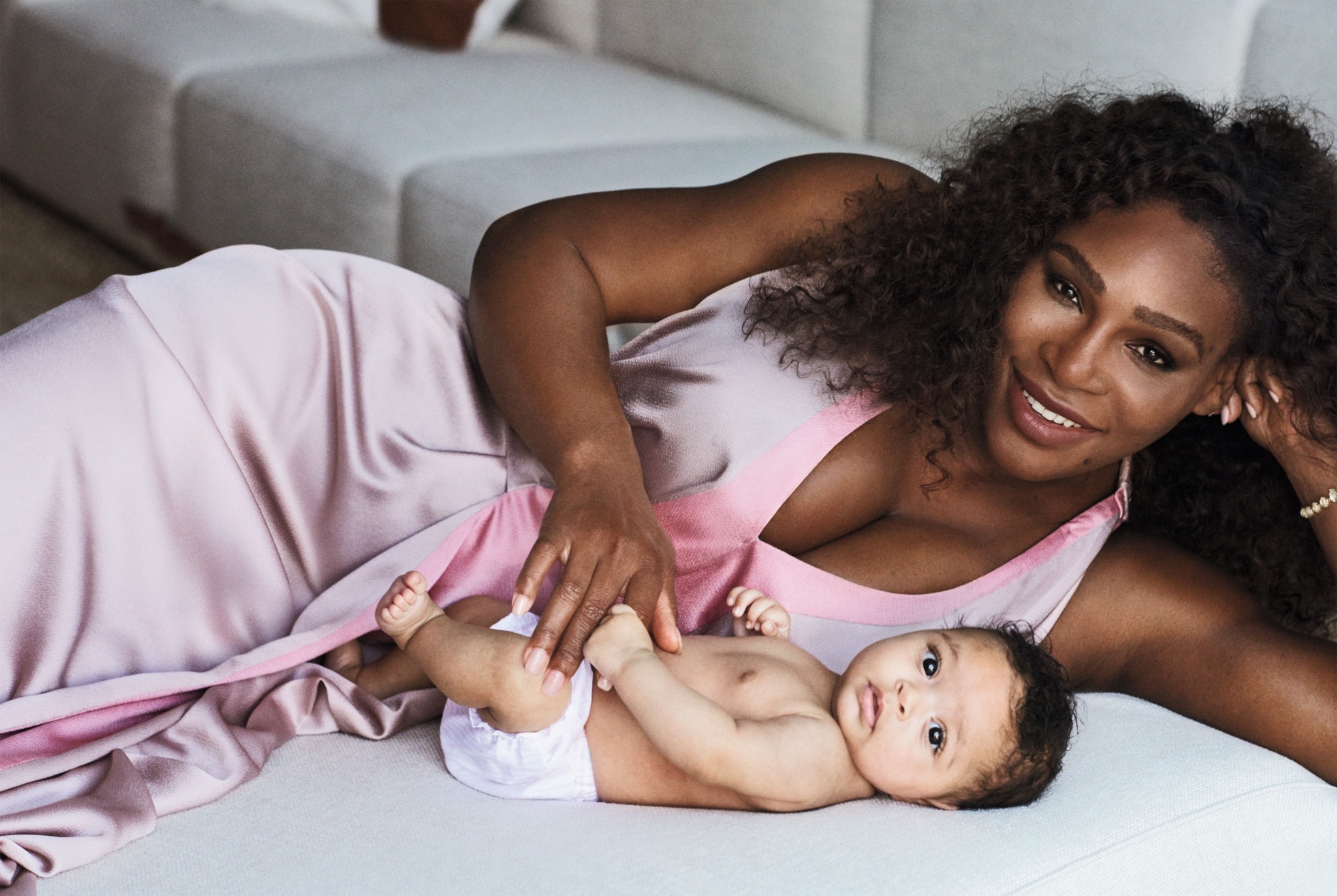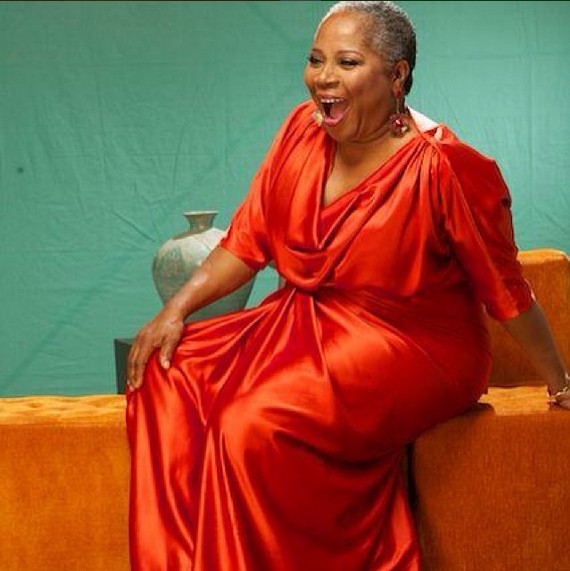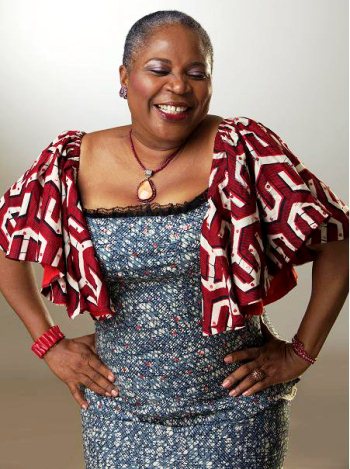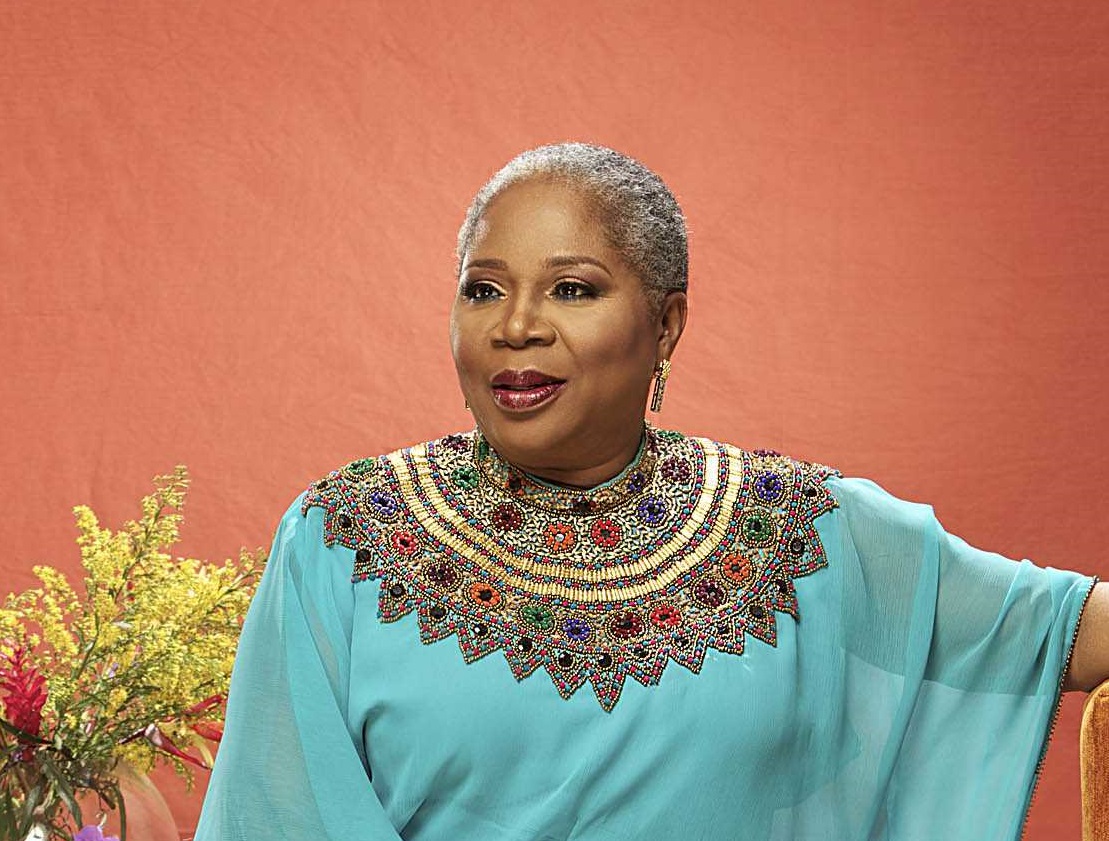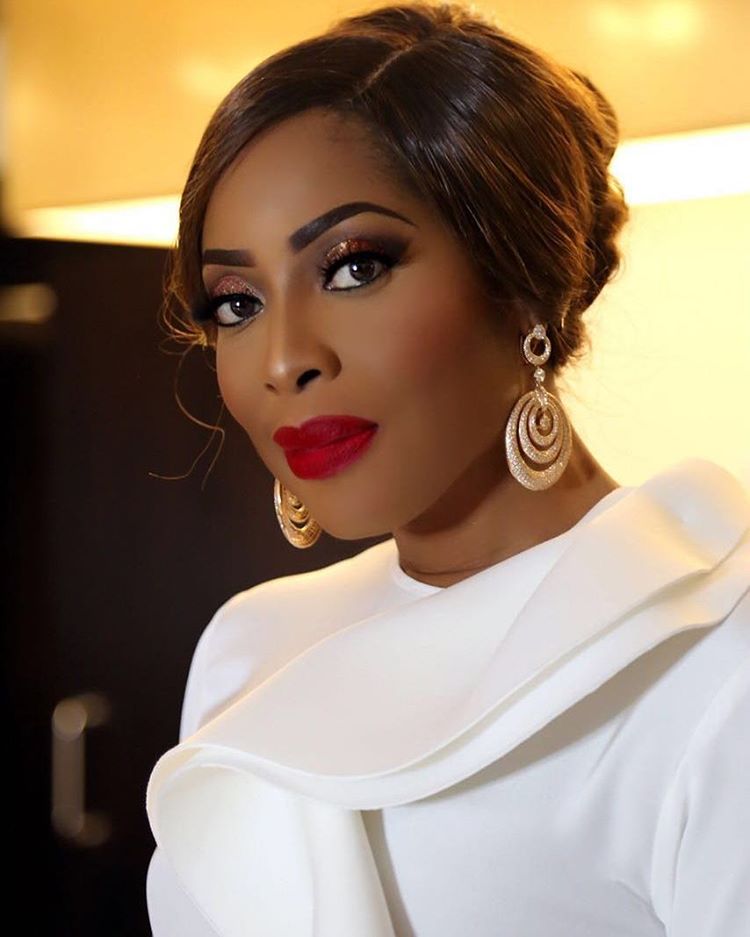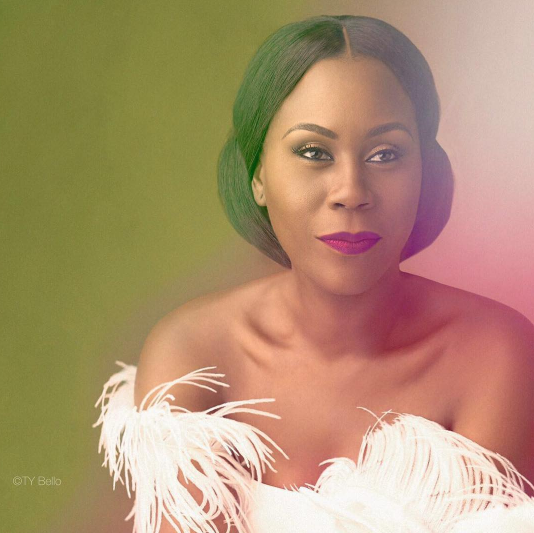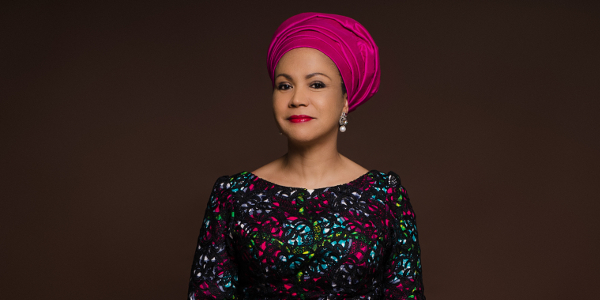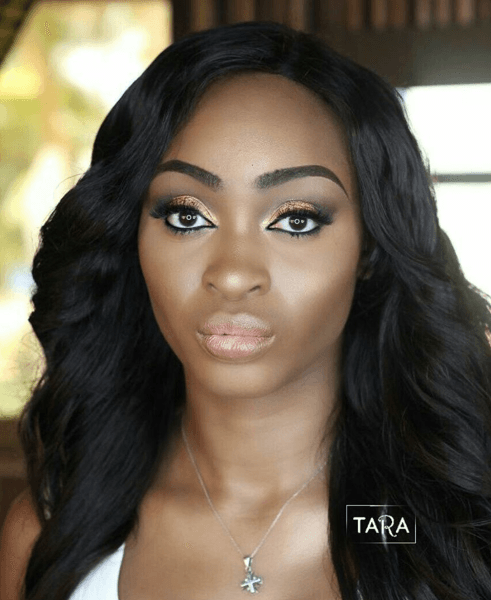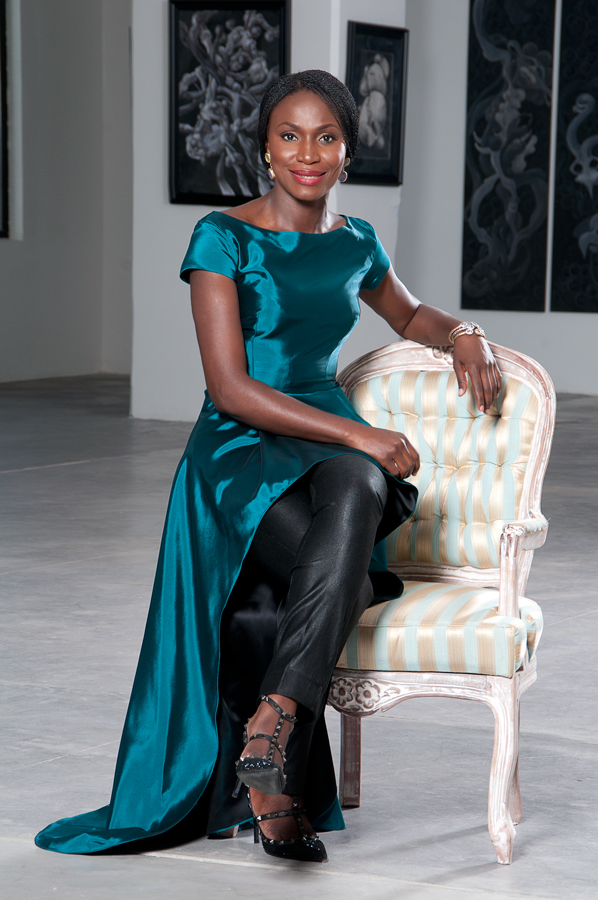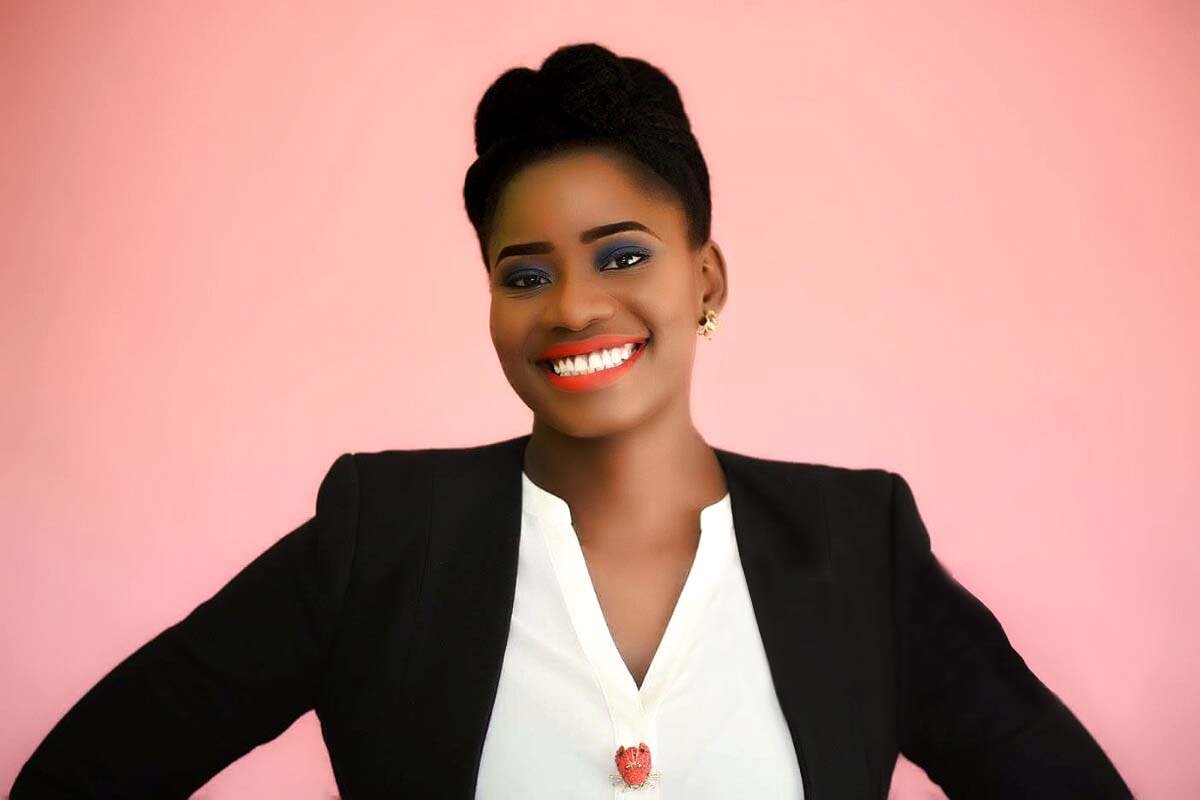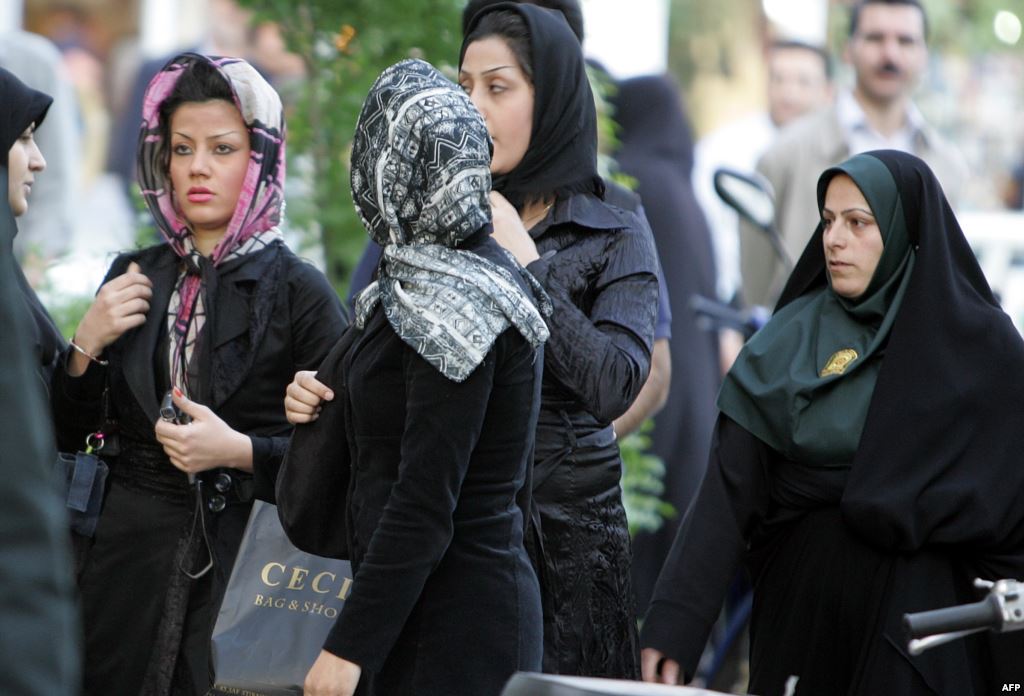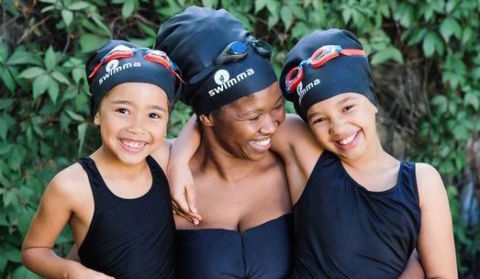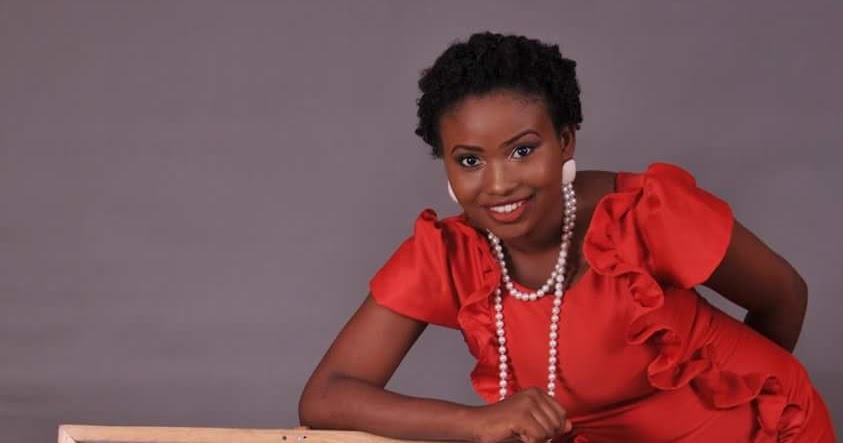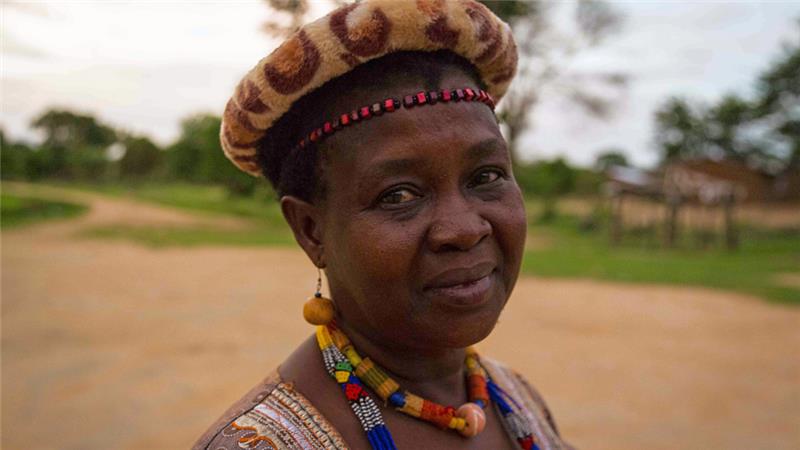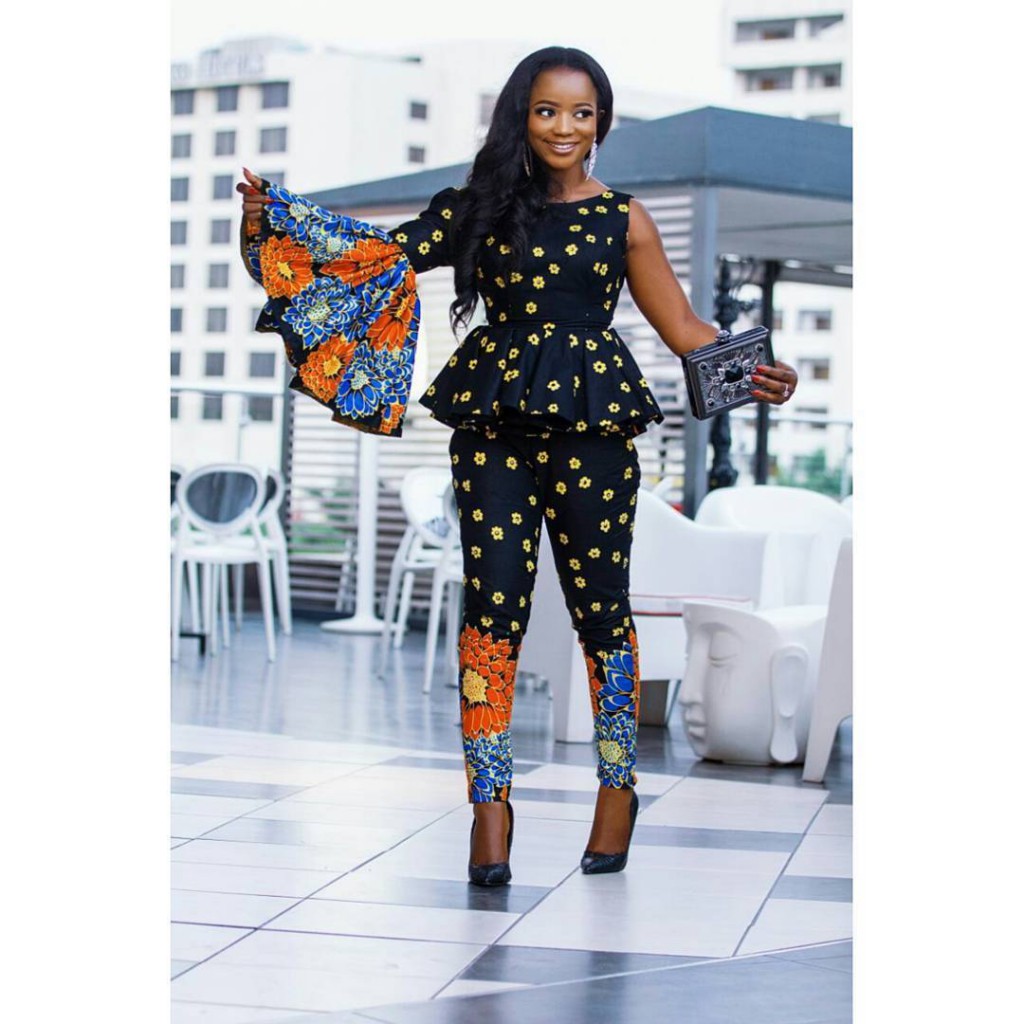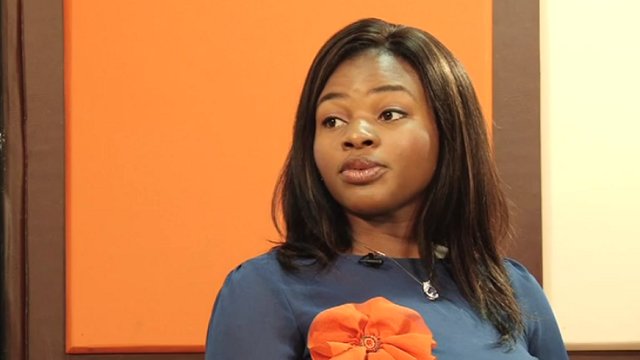Tennis star Serena Williams and daughter Alexis Olympia are the cover stars for the February 2018 issue of Vogue magazine. They were photographed by Mario Testino for the new issue.
In the magazine, Serena talks about motherhood, marriage, and making her comeback.
Talking about life after her pregnancy, the magazine revealed that Serena has been having a tough couple of months.
Though she had an enviably easy pregnancy, what followed was the greatest medical ordeal of a life that has been punctuated by them. Olympia was born by emergency C-section after her heart rate dove dangerously low during contractions. The surgery went off without a hitch; Alexis cut the cord, and the wailing newborn fell silent the moment she was laid on her mother’s chest. “That was an amazing feeling,” Serena remembers. “And then everything went bad.”
The next day, while recovering in the hospital, Serena suddenly felt short of breath. Because of her history of blood clots, and because she was off her daily anticoagulant regimen due to the recent surgery, she immediately assumed she was having another pulmonary embolism. (Serena lives in fear of blood clots.) She walked out of the hospital room so her mother wouldn’t worry and told the nearest nurse, between gasps, that she needed a CT scan with contrast and IV heparin (a blood thinner) right away. The nurse thought her pain medicine might be making her confused. But Serena insisted, and soon enough a doctor was performing an ultrasound of her legs. “I was like, a Doppler? I told you, I need a CT scan and a heparin drip,” she remembers telling the team. The ultrasound revealed nothing, so they sent her for the CT, and sure enough, several small blood clots had settled in her lungs. Minutes later she was on the drip. “I was like, listen to Dr. Williams!”
But this was just the first chapter of a six-day drama. Her fresh C-section wound popped open from the intense coughing spells caused by the pulmonary embolism, and when she returned to surgery, they found that a large hematoma had flooded her abdomen, the result of a medical catch-22 in which the potentially lifesaving blood thinner caused hemorrhaging at the site of her C-section. She returned yet again to the OR to have a filter inserted into a major vein, in order to prevent more clots from dislodging and traveling into her lungs. Serena came home a week later only to find that the night nurse had fallen through, and she spent the first six weeks of motherhood unable to get out of bed.
Read excerpts below.
On her daughter: We’re not spending a day apart until she’s eighteen. Now that I’m 36 and I look at my baby, I remember that this was also one of my goals when I was little, before tennis took over, when I was still kind of a normal girl who played with dolls. Oh, my God, I loved my dolls. Women are sometimes taught not to dream as big as men. I’m so glad I had a daughter. I want to teach her that there are no limits.
On making a comeback: To be honest, there’s something really attractive about the idea of moving to San Francisco [where husband Alexis is based] and just being a mom. But not yet. Maybe this goes without saying, but it needs to be said in a powerful way: I absolutely want more Grand Slams. I’m well aware of the record books, unfortunately. It’s not a secret that I have my sights on 25. And actually, I think having a baby might help. When I’m too anxious I lose matches, and I feel like a lot of that anxiety disappeared when Olympia was born. Knowing I’ve got this beautiful baby to go home to makes me feel like I don’t have to play another match. I don’t need the money or the titles or the prestige. I want them, but I don’t need them. That’s a different feeling for me.
On motherhood: Sometimes I get really down and feel like, Man, I can’t do this. It’s that same negative attitude I have on the court sometimes. I guess that’s just who I am. No one talks about the low moments—the pressure you feel, the incredible letdown every time you hear the baby cry. I’ve broken down I don’t know how many times. Or I’ll get angry about the crying, then sad about being angry, and then guilty, like, Why do I feel so sad when I have a beautiful baby? The emotions are insane. Obedience brings protection; that’s what my mom told me. That’s straight from the Bible, and she wrote it down on paper and gave it to me. I was always obedient: Whatever my parents told me to do, I did. There was no discussion. Maybe I had a little rebellious phase in my 20s, when I tried liquor for the first time. Maybe having a baby on the tennis tour is the most rebellious thing I could ever do.
